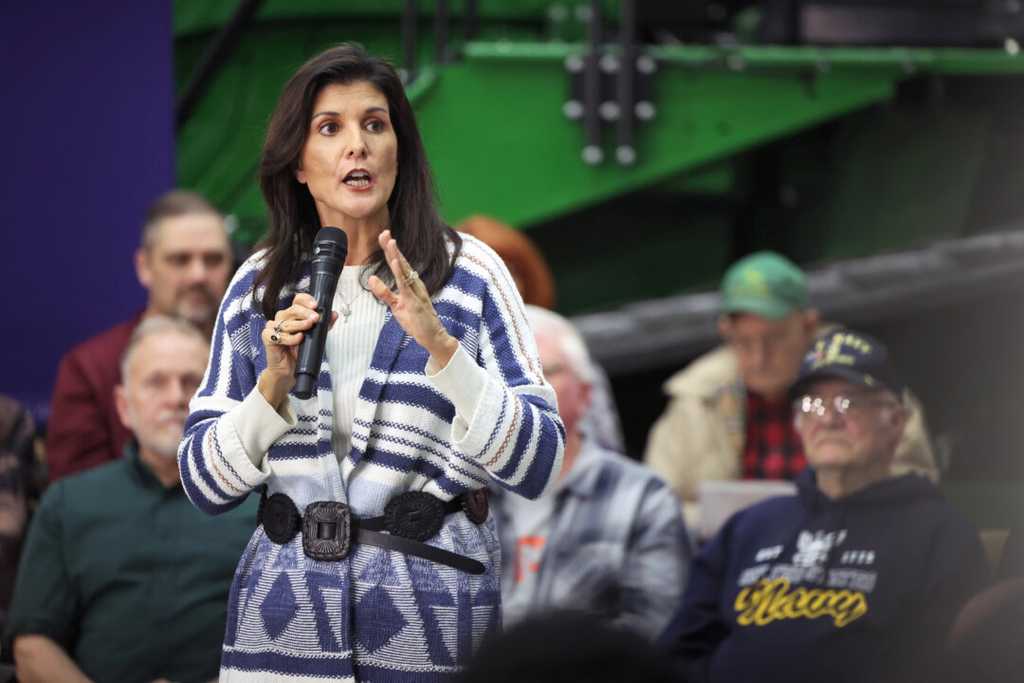Nikki Haley's Controversial Civil War Remarks

Overview
GOP presidential candidate Nikki Haley finds herself in the midst of a controversy following comments made about the cause of the Civil War. The former U.S. ambassador to the U.N. and South Carolina governor addressed the criticism during a recent interview after a New Hampshire voter questioned her stance during a town hall on December 27. The focal point of the debate revolves around Haley's decision to omit slavery as a primary catalyst for the conflict, instead emphasizing the role of government and individual freedoms.
Haley's Clarification
On December 28, Haley attempted to clarify her position, acknowledging that slavery was indeed a central issue in the Civil War. Speaking on a New Hampshire radio show, she stated, “Of course the Civil War was about slavery. We know that. That's the easy part of it." Haley further explained her intention was to highlight the contemporary significance of the war, framing it as a struggle for freedom.
The Town Hall Incident
The controversy began when a voter directly questioned Haley about the cause of the Civil War during a town hall. Initially framing the conflict as a result of the government's role in regulating freedoms, Haley faced criticism for not explicitly mentioning slavery. When pressed by the voter, she reiterated her belief that the war fundamentally revolved around the government's role in preserving individual liberties.
Democratic Response
Haley's comments prompted swift responses from Democrats, with DNC chair Jaime Harrison issuing a statement emphasizing the importance of condemning slavery. President Joe Biden's account on X (formerly Twitter) also joined the conversation, asserting that the Civil War "was about slavery." The Democratic National Committee seized on the controversy, highlighting the need for any presidential candidate to unequivocally condemn slavery.
Haley's Record on Slavery
Throughout her campaign, Haley has consistently mentioned slavery, particularly in the context of her role in removing the Confederate flag from South Carolina's Capitol in 2015. Describing the aftermath of the church shooting in Charleston as emotionally challenging, she emphasized the need for unity rather than judgment. Haley's campaign has been marked by her advocacy for limited government interference, capitalism, and economic freedom.
This incident adds a layer of complexity to Haley's campaign, raising questions about how historical narratives are shaped and interpreted in contemporary political discourse.